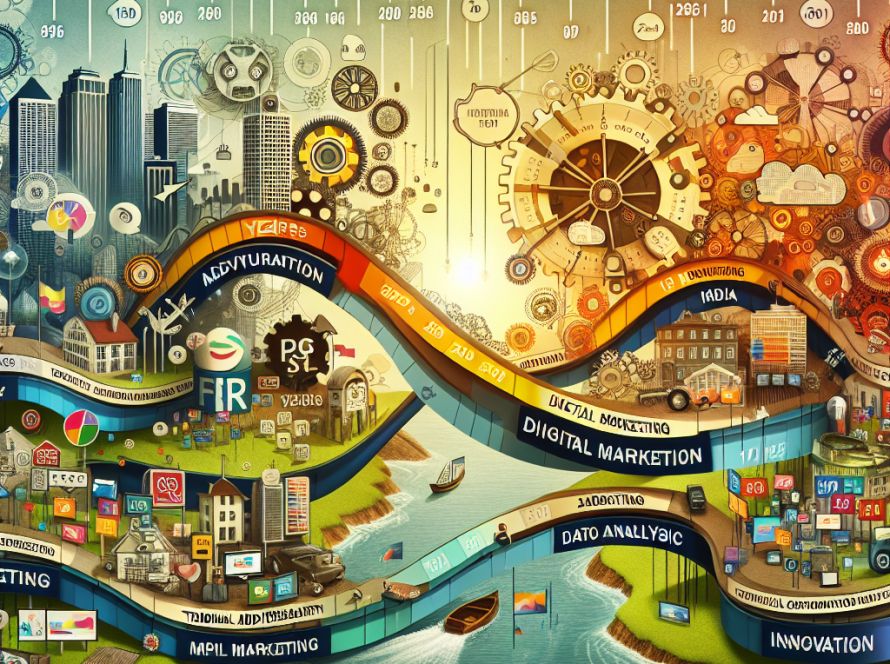The US Army is exploring the integration of Artificial Intelligence (AI) chatbots into its strategic planning, through a war game simulation based on the popular video game Starcraft II. The US Army Research Laboratory is leading this effort, focusing on OpenAI’s GPT-4 Turbo and GPT-4 Vision battlefield strategies. This is part of OpenAI’s agreement with the Department of Defense (DOD), formed after the creation of the generative AI task force.
This research is particularly significant due to the ongoing debate about AI’s role in the battlefield. A recent study suggested that language models such as GPT-3.5 and GPT-4 tend to escalate diplomatic strategies, leading, at times, to nuclear conflict.
In the current research, Starcraft II has been used as a model to simulate a limited battlefield scenario. The AI system, named COA-GPT (Courses of Action- GPT), acts like a military commander’s assistant, formulating strategies for combating enemy forces and capturing strategic points.
The COA-GPT is an AI-enabled decision support system that helps command and control personnel in formulating suitable ‘courses of action’. It uses language models, constrained by preset rules. The AI then generates potential COAs based on the input received. The human operators and the AI collaborate, using natural language, to refine choices and select the optimal COA to fulfill the mission objectives.
Owing to the traditional COA development process being time-consuming and labor-intensive, COA-GPT holds promise as it can make strategic decisions within seconds, while incorporating human feedback into its learning process.
COA-GPT’s performance showed it to be superior to existing methods, and that it could generate strategic COAs and adapt to real-time feedback faster than expected. However, one drawback observed in the system was that it resulted in higher casualties compared to the baseline while achieving mission objectives.
Despite this, researchers are optimistic about COA-GPT, calling it a “transformative approach” in military operations. They believe that it facilitates quick, agile decision-making, helping maintain a competitive edge in modern warfare.
The Defense department has already outlined other areas for exploring AI’s military uses, but concerns about the technology’s readiness and ethical consequences are rife. One unanswered question is around accountability if military AI applications were to go awry. Would the blame fall on the developers, the person supervising, or someone else in the chain?
While AI warfare systems are already deployed in Ukraine and the Israel-Palestine conflicts, these ethical questions remain largely unproven and unsettled.


